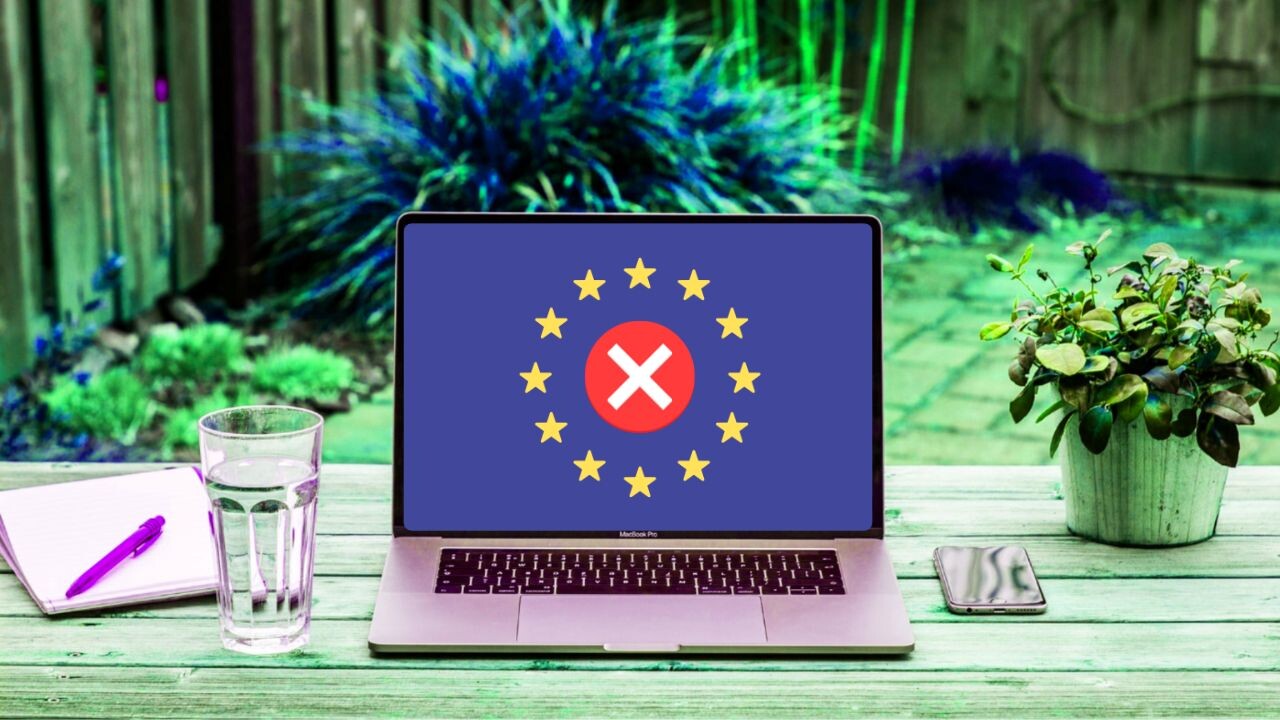
The digital platform economy has exploded in the last few years.
According to European Commission figures, over 28 million people in the EU work through digital labor platforms today. By 2025, their number is expected to reach 43 million.
Workforce digitalization, which accelerated during the COVID-19 pandemic, has radically changed the European labor market.
For some people, that means insecure contracts and stressful working conditions. While others are fortunate enough to freely embrace platform work as a way of escaping the 9-to-5 and increasing economic opportunities.
It’s a really complicated issue, and these are the treacherous waters European policymakers are navigating with a new Directive on “improving working conditions in platform work”.
There is a common saying that the road to hell is paved with good intentions. While we support the overarching mission of the Directive, there is a dangerous trade-off taking place within the legal text.
While aiming to protect the vulnerable from exploitation– a cause we could not be more supportive of– the new laws will counter-intuitively reduce economic opportunities for workers, prevent people from entering the workforce and harm SMEs, startups and entrepreneurs of all stripes.
Why? Because the proposal has been drafted without consulting the most important stakeholders of all: freelancers and platform workers.
That has to change.
What needs to be amended before MEPs vote on the legislation this Autumn
For workers’ rights to be truly protected, it’s vital that we have a dynamic legal framework in place that supports individual needs and preferences.
The key issue pertains to what legally defines a freelancer. Please bear with us…
As it stands, regulators have proposed a set of five criteria to determine the employment status of a worker. The checklist includes things like ‘supervision of performance and quality’ and ‘the employer setting the level of remuneration’.
If just two of the criteria are met, the worker will legally be classed as an employee.
While that may sound like a good idea, freelancers and business owners know that it would actually limit opportunity and innovation, rather than protect workers. For example, setting prices for services and ensuring quality services are essential elements of any successful commercial relationship. Coupling them with a presumption of employment creates all kinds of problems.
The proposal shows a lack of understanding of freelancing as well as the European labor market of today.
When it comes to the debate around the platform economy, there is an understandable focus on ride-hailing and courier businesses, but the reality is that gig work and freelancing are infinitely broader than this.
Many technologists, designers, lawyers, architects, musicians, teachers, builders, healthcare professionals, beauticians, hairdressers and models—to name just a selection—are all freelancers and independent contractors.
We interviewed thousands of gig workers across Europe, of which 80% reported that freelance work is a lifestyle choice bringing them freedom, flexibility, and the “opportunity to create something.”
Furthermore, findings from the study show that 90% of the sample population are happy being a freelancer (the full report will be released in Autumn 2022).
Of course, a lot more research is needed on this complex issue. But our data strongly indicates that a significant number of people and their livelihoods will be stifled by the current proposal.
We believe, therefore, that the legislation should be amended to apply those measures only when the worker ‘opts in’ to them. This would provide workers with the choice of being classed as an employee, as opposed to it being automatically enforced.
Additionally, the criterion of “effectively determining, or setting upper limits for the level of remuneration” should be removed. It’s standard practice in B2B relationships that a price for services can be set between commercial partners. There is no reason this path should be departed from when it comes to the digital sector.
The future of work is at stake
European labor markets need to adapt to the evolving needs and demands of workers.
The lines between traditional, full-time, and freelancing work will continue to blur. The result is a blended workforce which will need to be facilitated legally, technologically and at the level of policy.
The Directive on “improving working conditions in platform work” is an important building block toward a healthy, inclusive and sustainable future of work. We strongly believe that protection is needed for many workers, and implementing these safeguards is our moral responsibility as a society.
However, it’s vital that freelancing be allowed to flourish at the same time, and not strangled by an outdated set of misjudged rules.
It would be short-sighted to ignore the needs of freelancers today. The knowledge work economy is expanding at a rapid pace. In the not-too-distant future, this issue will be of importance to a vast segment of the population, and not just a relatively privileged group.
As the European Parliament’s Employment committee returns after its summer break and picks its way through the huge number of amendments to the current text on platform worker rights, we’re urging MEPs to take these points to heart.
Flexible workers all over Europe, now and in future, are counting on them.
Glen Hodgson is CEO of the think tank Free Trade Europa & Secretary General of Freelance Movement.
Ben Marks is campaigner, impact entrepreneur and writer, currently serving as the Founder & Executive Director of the #WorkAnywhere Campaign.
Get the TNW newsletter
Get the most important tech news in your inbox each week.





